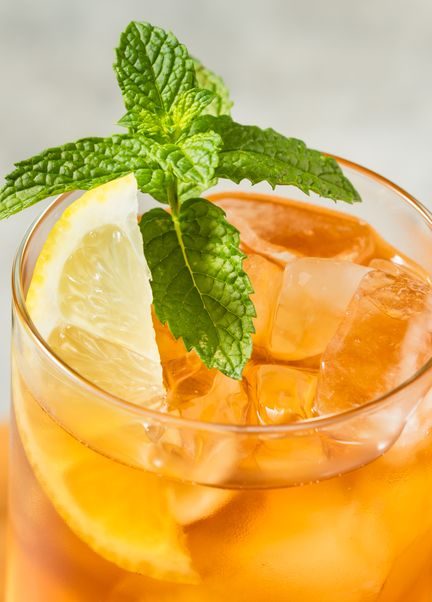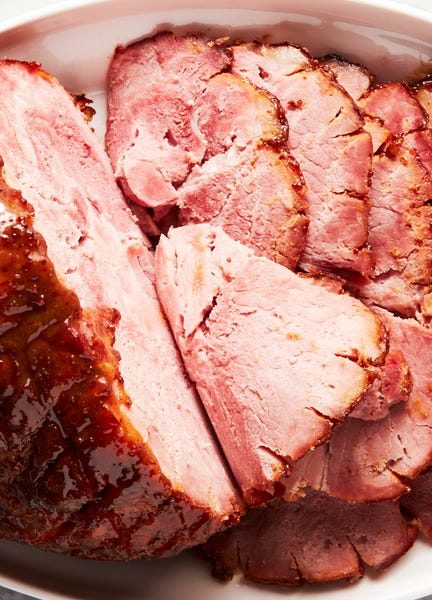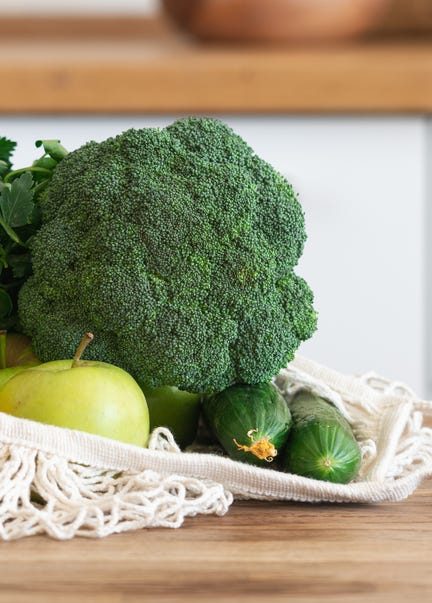Tea is consumed in cultures around the world and there are countless varieties and types to brew. The Tea Association of the U.S.A. Inc. says that it’s the “most widely consumed beverage in the world” after water. In 2024, the U.S. consumed 86 billion servings of tea, most of which was black tea, according to the association.
Whether you prefer yours served hot or chilled and sweetened, we often reach for tea because it’s refreshing. But just how hydrating is it? We consulted two health experts, Angel Luk, R.D. and Lauren Manaker, R.D., to find out what you need to know about the benefits of drinking tea.
Does Tea Hydrate You?
In general, yes, tea can be hydrating. Manaker cites a study that found no major differences in hydration levels between participants who consumed black tea and those who consumed water. “This means that, in the amounts tested, black tea hydrates your body just as well as water,” Manaker says.
And that’s even given black tea’s caffeine content. Caffeine can have a mild diuretic effect, which is why some might think of tea or coffee to be dehydrating.
“Some data suggests low levels of caffeine ingestion do not induce dehydration at rest,” says Manaker. A 2017 study examined the effect on fluid balance after low (3 mg per kg of body weight) and high (6 mg per kg of body weight) amounts of caffeine consumption via coffee. Researchers found that high caffeine doses can have an “acute diuretic effect,” while smaller doses or water didn’t have any effect.
Is Tea More Hydrating Than Coffee?
“Tea is often less concentrated in caffeine compared to coffee, which makes it slightly more hydrating overall,” Manaker says. While experts have suggested that coffee can count as water, she says that tea’s higher caffeine content might have more of a diuretic effect—that is, if it’s consumed excessively.
“Tea tends to strike a balance, providing hydration along with other potential health benefits,” she adds. Some herbal teas include electrolytes, which play a role in hydration. Electrolytes are a variety of substances like magnesium, sodium, and potassium, which help balance fluid in the body.
Luk argues that tea could be more hydrating because it typically has a lower caffeine content. “As a result, someone can enjoy more cups of tea compared to coffee before reaching the same threshold of caffeine intake,” Luk says.
What Type Of Tea Is The Most Hydrating?
“Technically speaking, caffeine-free teas such as peppermint and chamomile would be even more hydrating than teas that do contain caffeine,” Luk says. “But again, the diuretic effect of caffeine containing teas is mild and insignificant, so herbal teas are only relatively more hydrating.”
How Much Tea Can You Drink Every Day?
Manaker says that it’s generally safe—and even beneficial—to drink moderate amounts of tea (about 3 to 5 cups daily). But she cautions that excessive amounts may introduce some health issues like digestive discomfort, caffeine sensitivity, and even difficulty absorbing certain nutrients due the tannins in tea.



